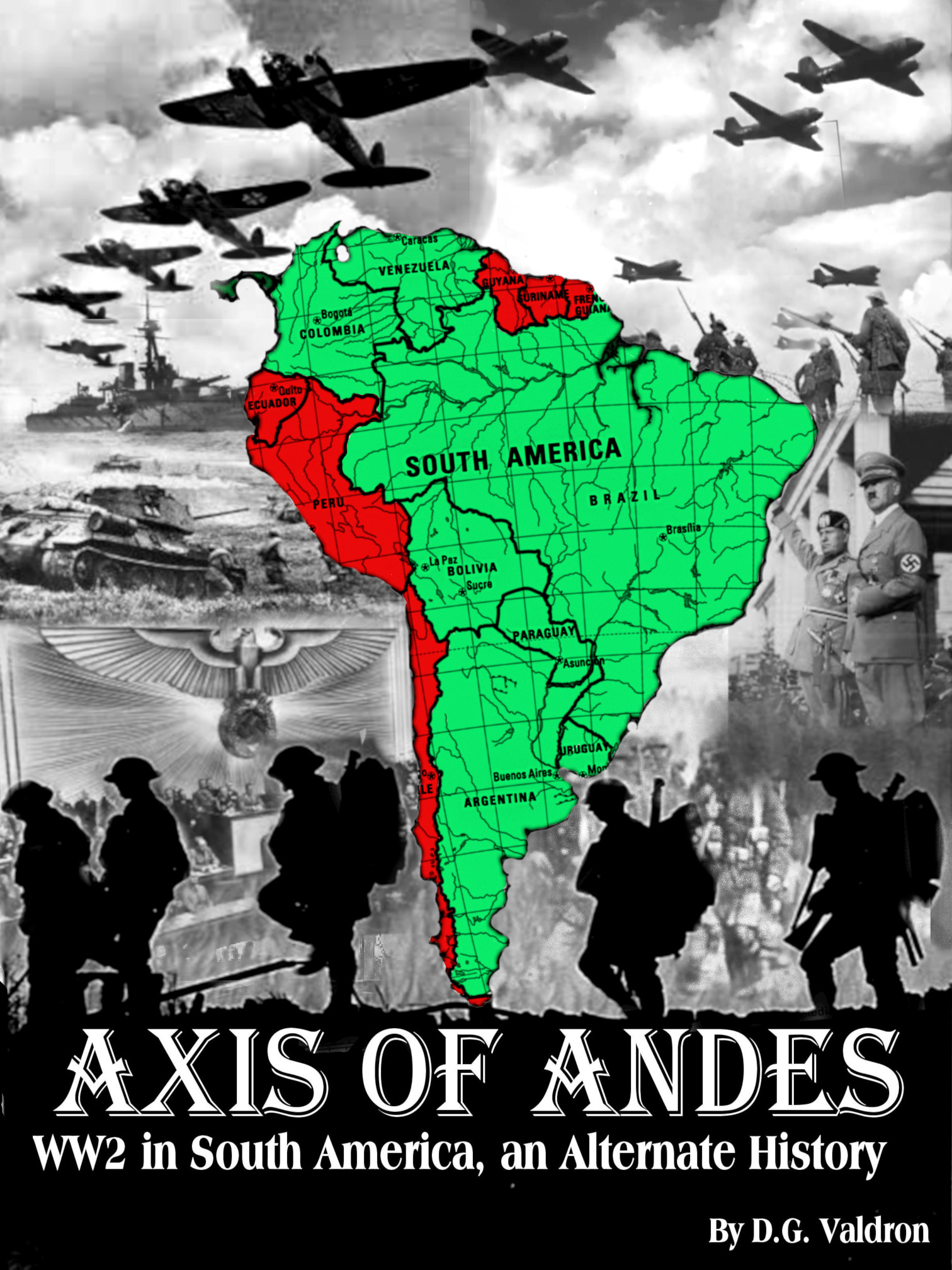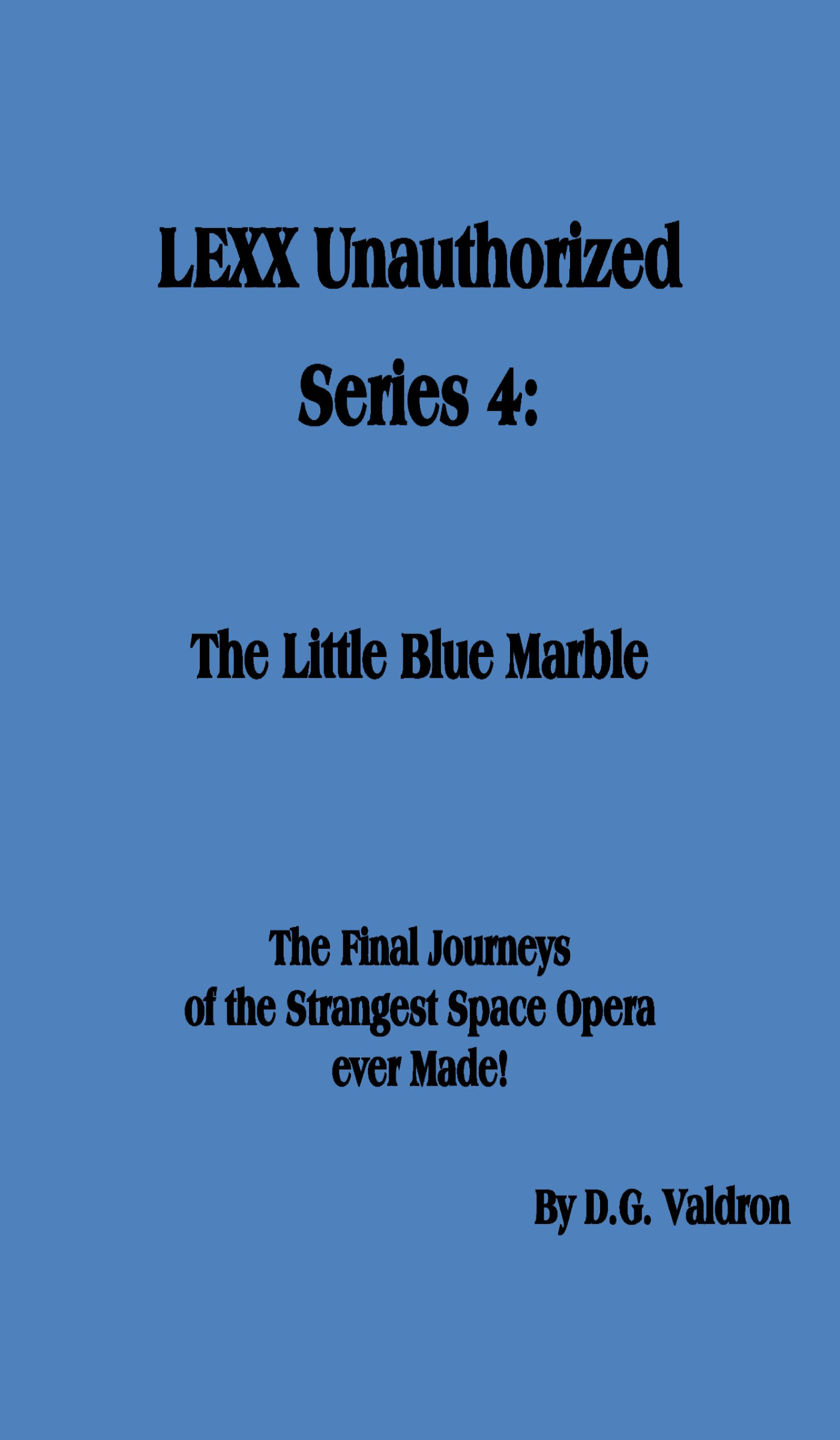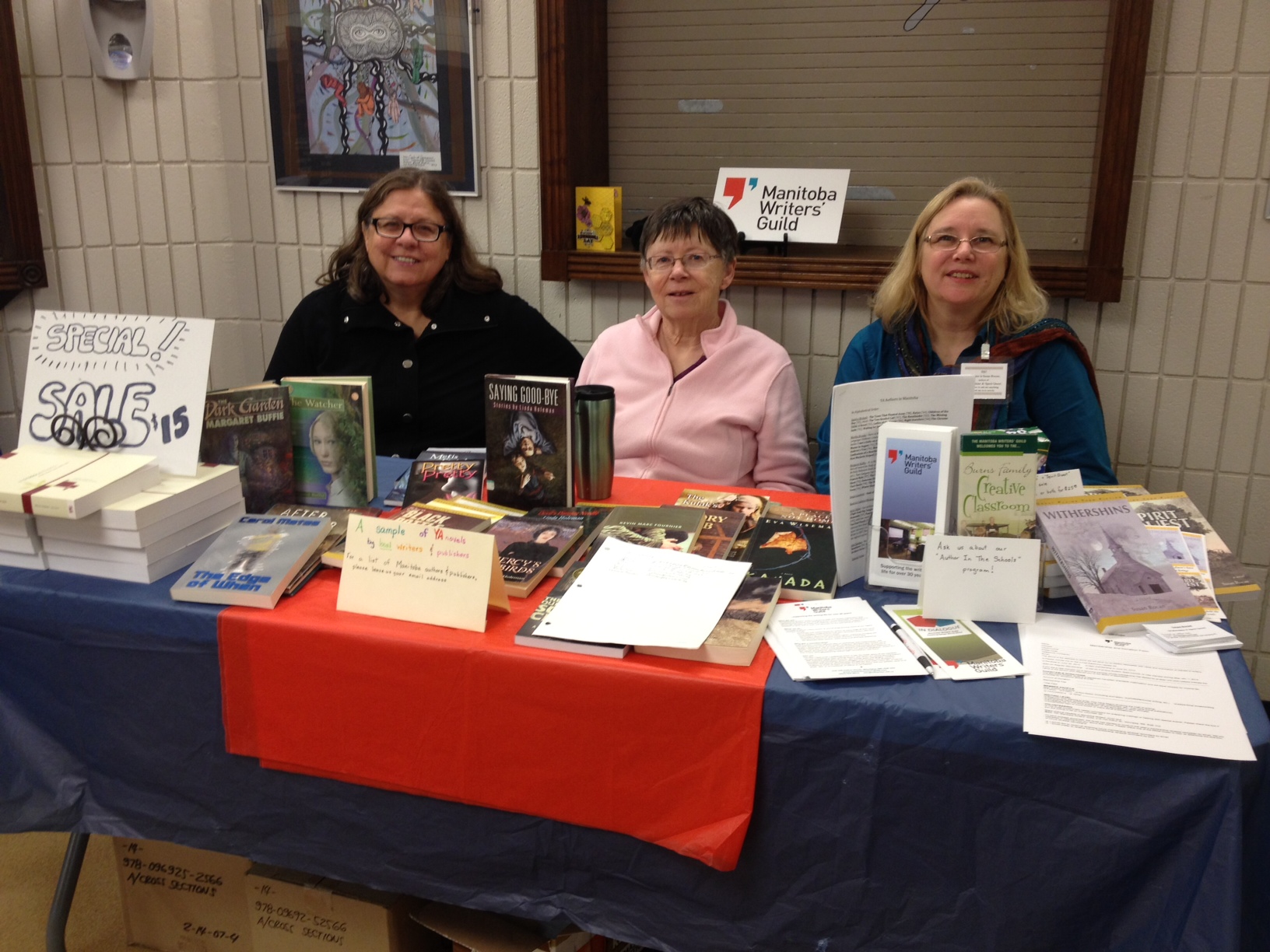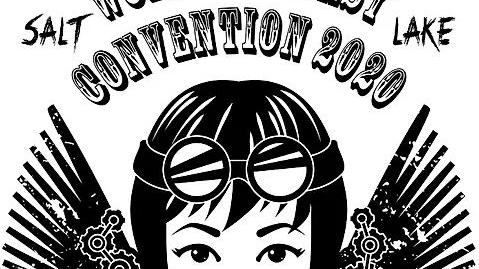Axis of Andes, an alternative history of World War II in South America will be released in May, 2021
And I have a book cover! Check it out. Nifty, eh. It’s a little busy, but it’s patterned on the style of history texts. So there’s a dominant image of South America at War, with Soldiers trudging along the bottom, and a collage of war images in right and left hand columns. I’m pretty happy with it. I might ask for a tweak here and there.
In other news, Axis of Andes has been broken into two books – Part 1 and Part 2. Simple reason, it was simply too massive for one volume.
The book opens in 1937, as a delegation from Peru meets with Hitler and his cabinet in Berlin, looking for his assistance. From there, the narrative winds back and forth through the history of the region, through the societies and economies of the various nations, as events set nations on a path to war.
Inspired by an actual war between Peru and Ecuador that lasted less than a month in the 1940’s, this new version of history has this war gaining momentum and force, until literally every country in South America is dragged into the conflict and a continent is in flames.
Part One features the origins and early phases of the conflict to the point where the three countries of the Andes – Ecuador, Peru and Chile are locked in a ferocious death struggle.
Part Two sees the conflict escalate steadily engulfing one country after the other, extending from Bolivia and Argentina, to Colombia and the rain forests of Brazil.









